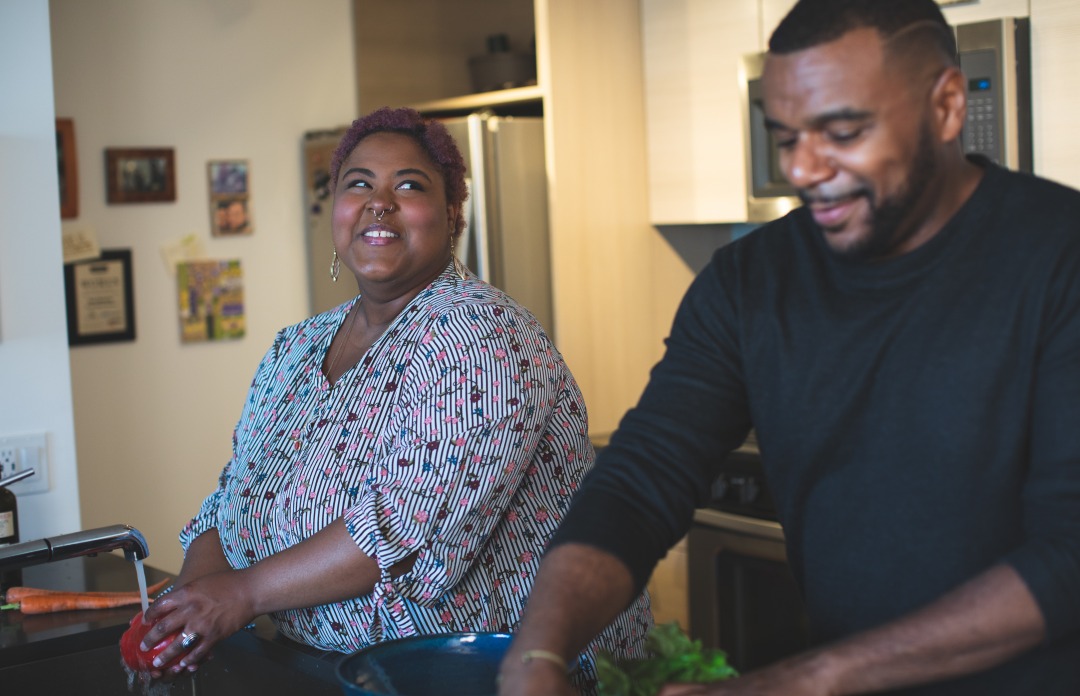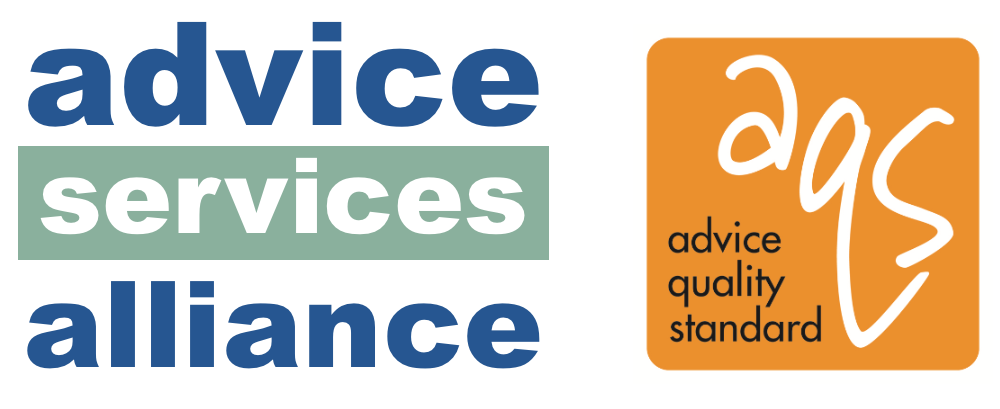Supported Self-Help Programme
Your mental health matters and HFEH Mind firmly believe that anyone navigating mental health challenges should have immediate access to the necessary help and support.
The Supported Self-Help Programme is a 6-session early intervention programme for anyone who is starting to experience symptoms of worsening mental health. The one-to-one Supported Self-Help Programme is not a counselling service; however, our Practitioners do use counselling-based skills in their support. It incorporates some Cognitive Behavioural Therapy (CBT) style tools, but also provides other kinds of support.
Eligibility:
- Over 18
- Self-referral: you do not need a GP referral
- Those experiencing a mild to moderate mental health problem
- Resident living in England, Wales or the Channel Islands
- No need for a formal mental health diagnosis
You may also be on a waiting list for counselling or another form of mental health support such as therapy; this will not stop you from accessing the service. However, you cannot access supported self-help if you are currently accessing another form of mental health support such as counselling or therapy.
Process:
Once you have signed up, a trained Practitioner will get in touch to talk about the issues you are dealing with, and if eligible and suitable, together we will agree a programme of support, which can include topics such as, but not limited to:
- Anxiety & Panic Attacks
- Low mood and Depression
- Low Self-esteem
- Managing stress
- Loneliness and feeling lonely
- Managing anger
- Coping with Grief and loss
- Understanding Menopause
The first step will be an initial 40-minute assessment session with a Self- Help Practitioner to discuss in more detail what support you are looking for, followed by your six one-to-one sessions with the Practitioner. Supported self-help is delivered over the phone or via video call, to make it easier to fit around your weekly schedule.
Self- Help Sessions
You will have at least six sessions, over the course of six to eight weeks:
- One assessment session (40 minutes long)
- Five intervention sessions (each 20 minutes long)
- One optional signposting session (20 minutes long)
When you sign up, you will be given some options for your first appointment, but if there isn’t one to suit you, someone will contact you within 28 days to help you find one that does. You will also need to set aside some time to work through the resources.
Each week you will have your agreed appointment, with your Practitioner, during which you will continue to discuss your progress, receive support and be provided with sign posting, resources and additional materials, to help you understand and manage your journey and development. These can include, but not limited to:
- Explaining how and why we experience difficult emotions
- A thought diary
- Mindfulness techniques
- Controlled Breathing
- Body Scans
- SMART Goals
- Coping Behaviours
- Breathing and Acknowledging
- 10 Tips to boost your mood
- Accepting Uncertainty
- Managing menopause
In your last session, together we will review how you are feeling, the progress you have made and discuss the ways the course has helped. We will talk through next step, including any suitable programs you can continue your journey with, including looking at if your local Mind can support you in any other ways. We might also suggest services or activities available from organisations other than Mind.
Next steps:
Sign up for supported self-help by chatting with Limbic, our virtual referral assistant: https://www.mind.org.uk/get-involved/supported-self-help/
Limbic should pop up on your screen. If not, click the round button with a pink blob inside it. Limbic will walk you through the referral process, helping you understand if supported self-help is right for you. This should take you approximately 8 minutes to complete.
We are always happy to answer your questions. Get in touch with us on: supportedselfhelp@mind.org.uk
Click this link to find out more


















